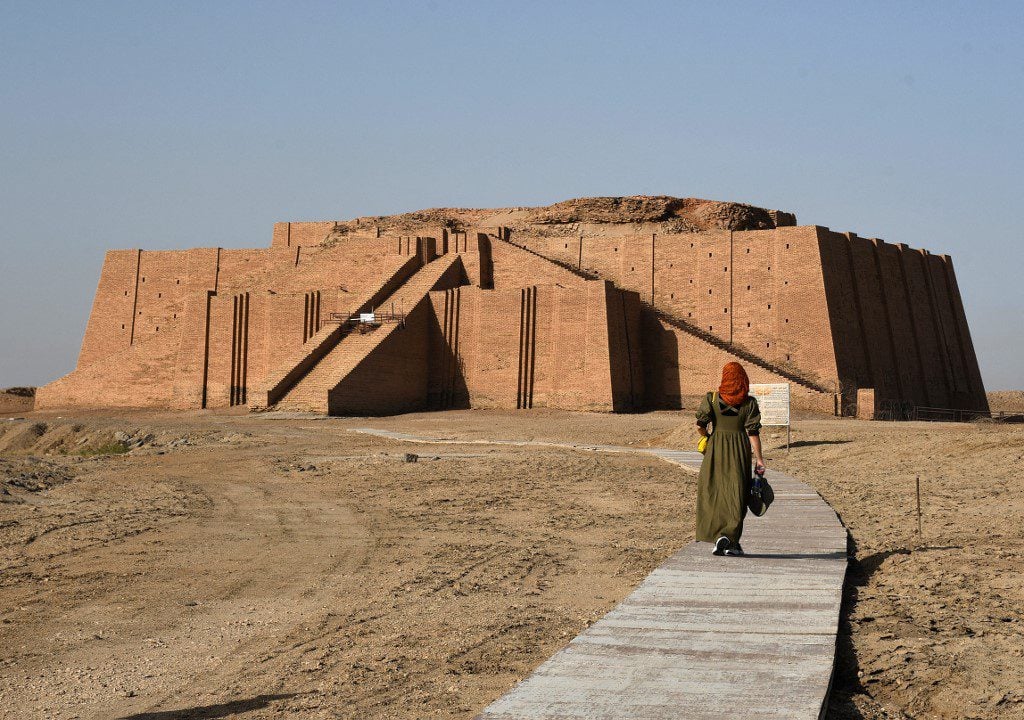
Youssef Sharqawi
The Sumerian dynasties extend between the end of Jemdet Nasr’s rule and the start of the Sargon Akkadian Empire. This role is considered one of the richest cultural and civilizational roles, where the city of Lakish assumed a leading position due to the civilized deeds it performed. Valuable traces of the kings of the Lakish dynasty have been discovered. The Word Amagi is an example. This word is considered the first appearance of the freedom concept in the history of humanity. Amagi was in a Sumerian manuscript in 1878, known as the manuscript of freedom. Such a manuscript resulted from the reforms issued by King Urukagina, who was one of the Lakish dynasty kings. Urukagina was described as the first social reformer in history. As for the word Amagi, it means “returning to the mother”. This term was used early in Mesopotamia to refer to a person’s emancipation from debt. In that era, kings used debt from taxes as a means of controlling people to serve them. Exempting a person from debt meant that he was free and able to return to his home.
Urukagina led a coup against King Lugal-Anda after six years of his rule. The coup was not bloody, as the son of the overthrown ruler remained alive without being killed. Such an approach contradicts the prevailing political customs, which indicates that the new ruler is different. Based on that, Urukagina may bear the first seeds of socialism. He emerged from a toiling environment, which is confirmed by all of the social reforms that he ordered to implement. They targeted temple clerics, merchants, and officials. Besides, they came to announce his arrival to power with the help of the people and clerics.
Among the reforms, Urukagina abolished the control of princes over the treasuries and property of the temples. He also abolished annexing others’ lands to the property of the temples. Clerics were no more allowed to exploit people. Moreover, the king did not allow the palace to make use of temple workers. He set appropriate prices for land and livestock so that the strong can no longer exploit the weak and rob them of their property in exchange for low prices set by the strong himself. He also granted citizens their lost freedom under slavery for poverty and the imbalance of the economic situation. Those people were under the control of senior usurers, clerics, and the ruling class.
The man stripped the royal family and the influential aristocratic families in the country of all illegitimate privileges instead of appeasing the royal court and the influential feudal lords. So, do we exaggerate if we say that this could be considered the first proletarian accession to power?
Some historians have confirmed his role in the Sumerians’ transition from being a temple economy to a more modern secular society based on the ruling authority. He deprived temple clerics of the broad powers that they were exploiting people with the authority of gods. Some historians intended to portray him as a leader of a popular revolution of liberals against aristocracy and wealthy landlords. However, we cannot overlook what he did for women as part of the reforms, as he forbade their marriage to more than one man, put an end to the practice of prostitution in any form, and set strict penalties for that.
However, this freedom that we became aware of when it first appeared in human history has a heavy price, as Mahatma Gandhi asks: “Freedom, the soul, and breaths of man, what is the price for these?”
Behind the borders of Lakish, an enemy was standing and waiting for Urukagina. This enemy aspired to seize control of Lakish. That enemy was Lugal-Zage-si, ruler of the city of Umma.
Urukagina was not interested in foreign wars or the Sumerian civil wars. Nevertheless, he spent most of his reign that lasted perhaps for eight years repelling attacks on his kingdom. Since his reforms affected the masters, nobles, and clerics, they probably did not help the king during his fall, as Lakish fell strangely enough. The kingdom remained steadfast and victorious throughout a hundred years of conflict with Umma. However, it finally fell. Lugal-Zage-si entered Lakish and plundered its temples. The price of the freedom approved by Urukagina was the fall of a large portion of his kingdom. He moved to a smaller capital called Girsu, where he was besieged twice. The high price was that the revolutionary man suddenly disappeared from the historical record. However, the human memory remains faithful, as one of the Sumerian writers said about the setback of Lakish and the fall of the king:
“The people of the city of Umma destroyed Lakish
They have sinned against the God Ninĝirsu
The power that was granted to them will be taken back
Urukagina did not sin against the God
May the Goddess Nisaba
Burden the weight of this sin
On Lugal-Zage-si’s shoulders
Ruler of Umma”
Sources:
Laws that preceded Hammurabi, Abd al-Hakim al-Thanun (Arabic).
The First Memory, Abdul Hakim Al-Thanun (Arabic).
Hammurabi and the Origin of Legislation in Babylon, Muhammad Waheed Khayyata (Arabic).
The Dawn of Civilization in Sumer, Muhammad Waheed Khayyata (Arabic).
The Old Iraqi Laws, Fawzi Rashid (Arabic).
Urukagina Reforms and the First Appearance of the Word Freedom in History, Syrian Scholars (Arabic).
Amagi Symbol, Online Library of Liberty.
DISCLAIMER
The opinions expressed in this publication are those of our bloggers. They do not purport to reflect the opinions or views of Fanack or its Board of Editors.


